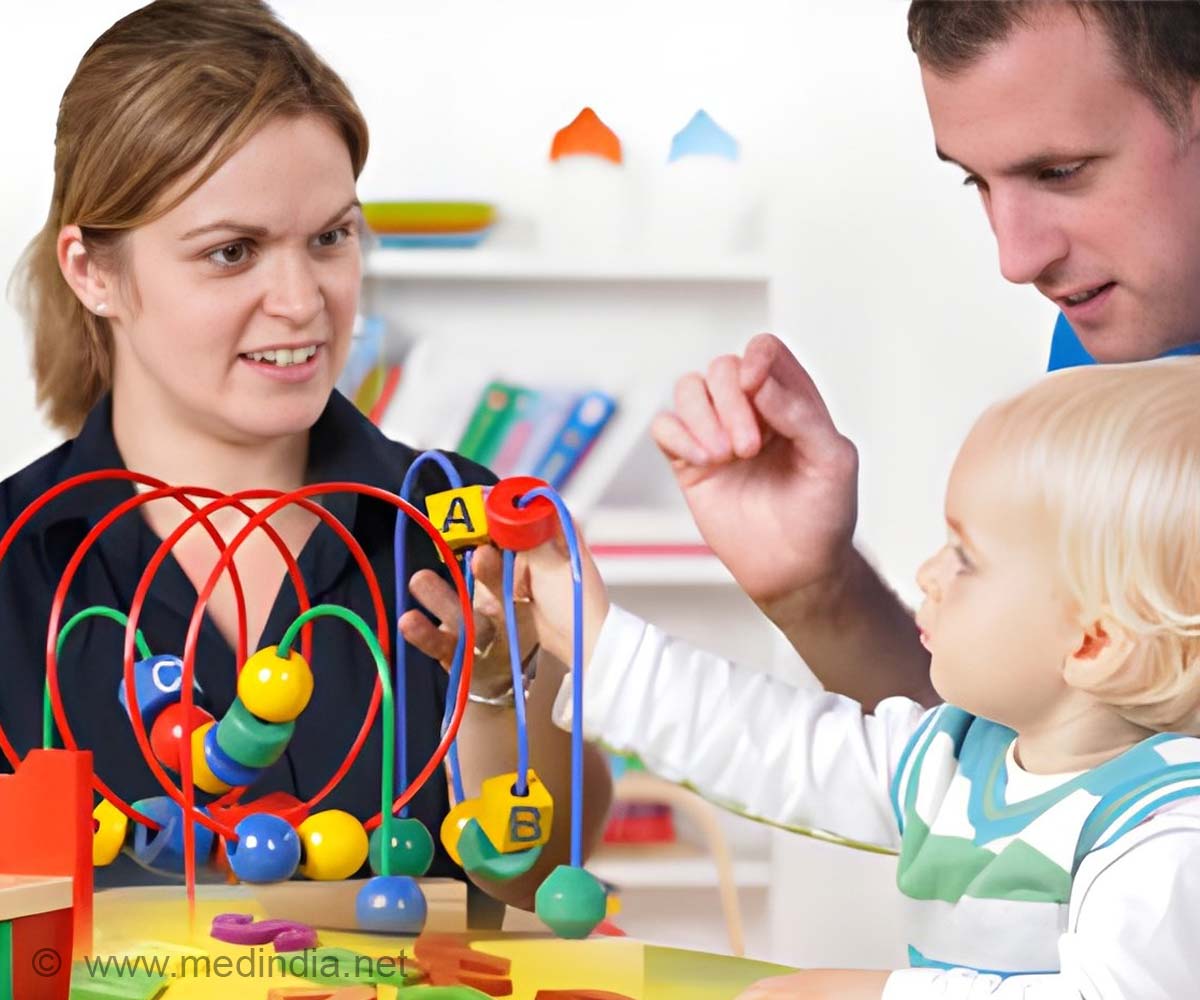Helicopter parents, step back and watch. Sitting back and watching your kid explore their world has a positive impact on your mental health, reports a new study.

‘A respectful approach by parents can guide children to be capable and independent humans, which in turn makes parents more competent and less stressed.’





The Respectful Approach, modeled on Resources for Infant Educators (RIE)TM, guides parents to treat young children as capable and independent humans who can flourish if given safe space and freedom from too much adult direction. Parents were invited to take part in a class for infants or toddlers over six weeks where they observed their children in uninterrupted play in a room with age-appropriate toys.
The infants and toddlers were free to investigate their environment and interact with other children while parents sat in the room and watched with a facilitator. After an observation period, each class introduced and discussed a topic related to the Respectful Approach.
At the end of the program, parents reported significantly lower stress levels, with more confidence and a better understanding of their children's capabilities.
Children make progress when given space and time
Advertisement
"Participants in the study reported worrying less about performance pressure after attending the classes, which let them refocus on their relationship with their children," she said.
Advertisement
Ms. Richardson explained the Respectful Approach helps to establish good patterns in early years, so children learn to build confidence in their abilities and to deal with conflict in emotionally intelligent ways.
"Traditionally early behavioral interventions have predominantly focused on modifying undesirable child behaviors," Ms. Richardson said.
"By building good communication and a close parent-child bond, we can potentially prevent problems occurring in the long term."
Ms. Richardson and her research supervisor, Associate Professor Therese O'Sullivan, are now expanding the pilot study to track parents and children over three years to determine whether the decline in parental stress levels has a lasting impact and investigate long term outcomes in child development.
Source-Eurekalert








